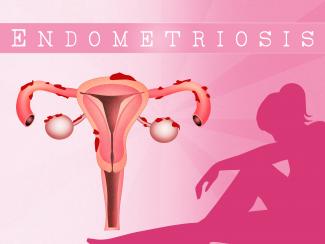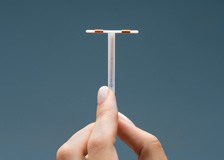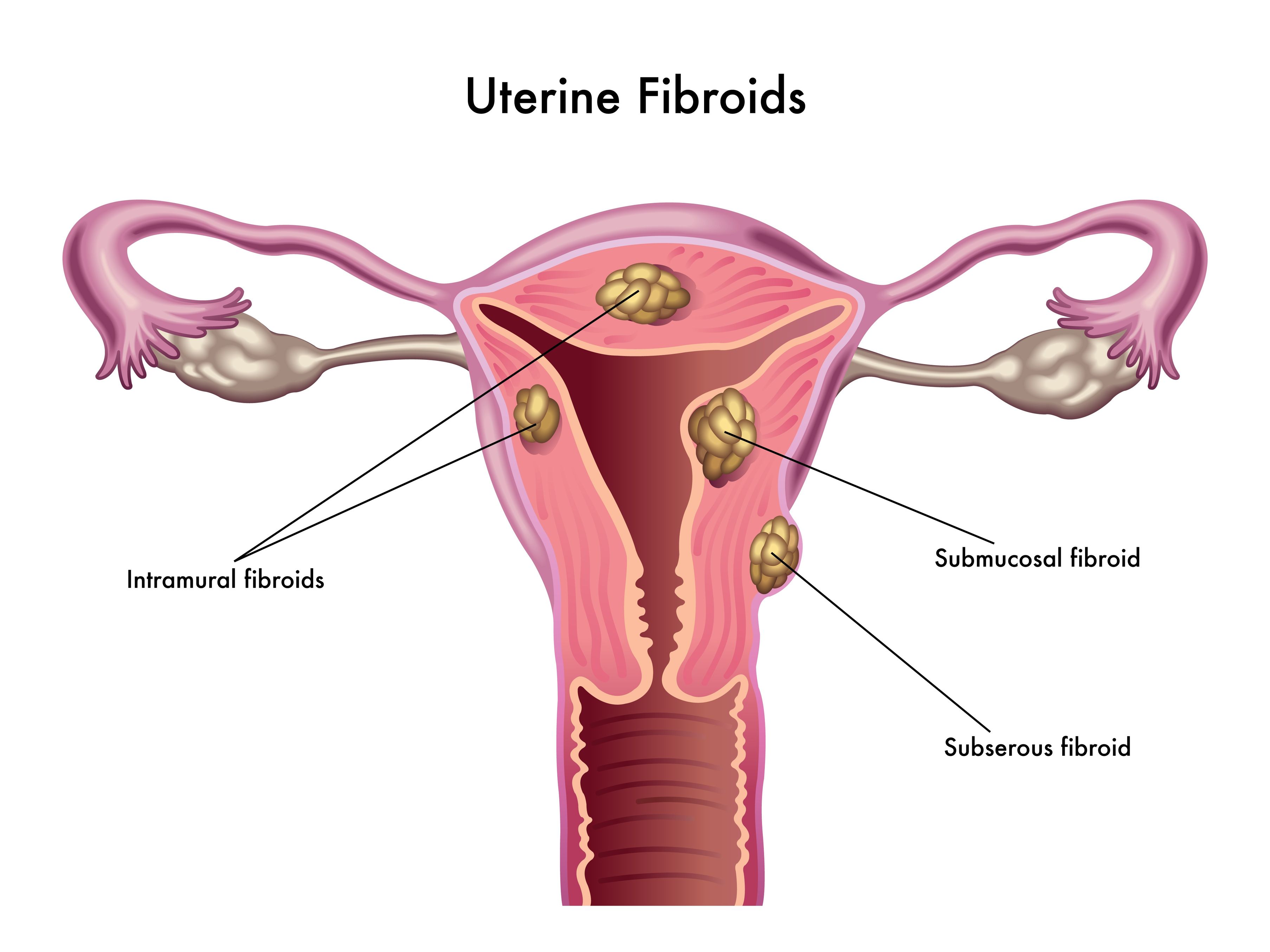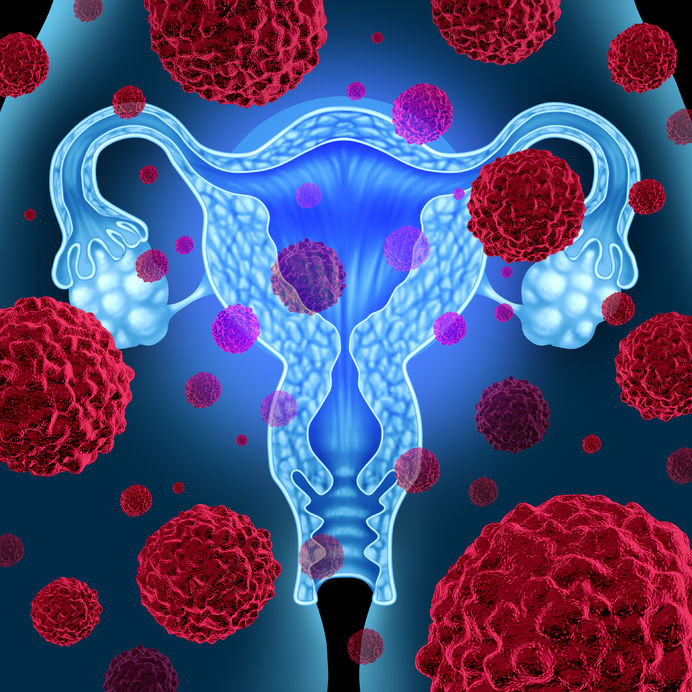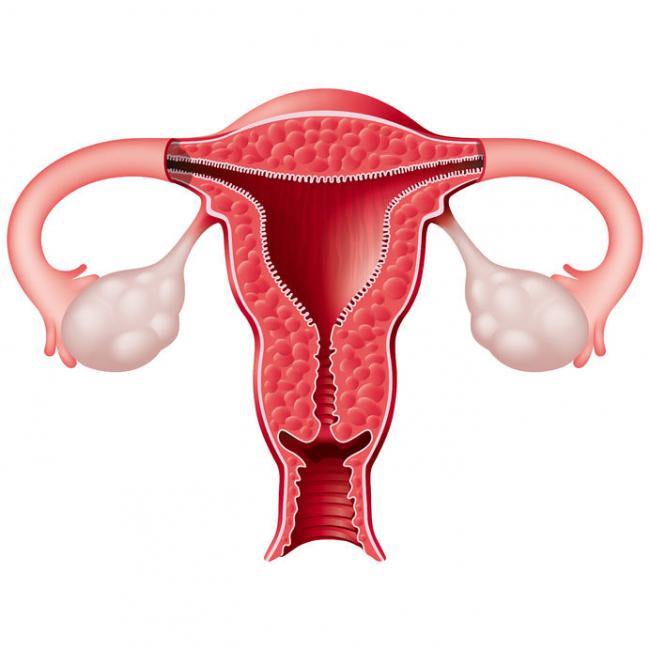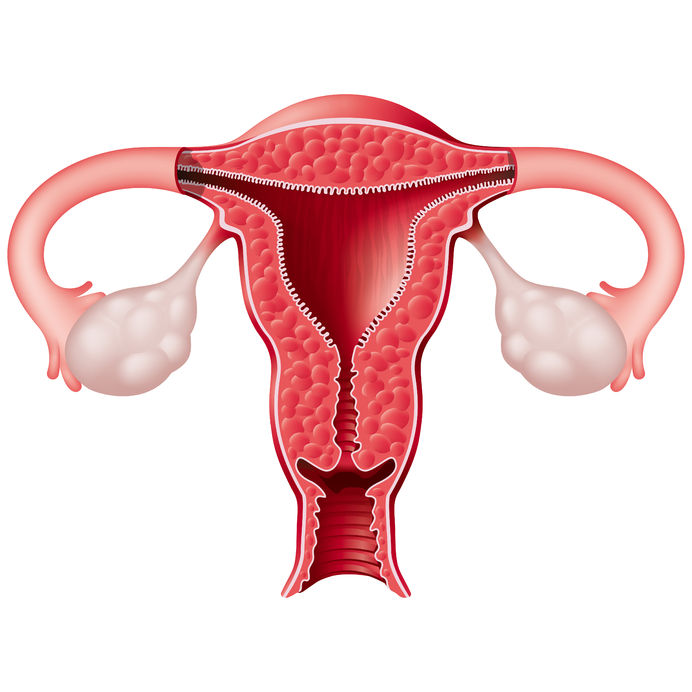Written in collaboration with Courtney Clayson, MSc
There’s little doubt that your family physician strongly believes in “preconception health care” – that’s the care and counseling designed to help you and your partner become as healthy as you can be prior to conceiving your children. In fact, preconception care is widely considered by clinicians and global health authorities to be crucial to fertility, pregnancy outcomes, and potentially your child’s adult health. [1,2] Infertility, pregnancy loss, and birth defects in children are global health problems that are largely attributed to preconception states of health of both parents. [3]
This article will focus on some of the key areas that are within your control as an individual that can help to optimize your chances of a successful pregnancy and healthy child.
Table 1: Pregnancy & Child Health Outcomes Are Related to Preconception Health: Global Statistics [3]
| # of Couples Contemplating Pregnancy |
45 million |
| # of Couples with Infertility |
22 million |
| # of Pregnancies Annually |
360 million |
| # of Pregnancies Lost Annually |
90 million |
| # of Babies Born with Congenital Abnormalities (Birth Defects) Annually |
18 million |
| # of Babies Small for Gestational Age |
40 million |
A Child’s Health Begins Before She Is Conceived
Research increasingly shows that a woman’s health in the months prior to conception influences her fertility, the health of the pregnancy and the wellbeing of the child well into his or her adult life. At the moment of conception, the sperm and the egg each contribute 50% of the genetic material for the child’s lifetime health blueprint. Because sperm take 4 months to mature and are exquisitely sensitive to their environment (i.e. the seminal fluid) during development, the health of fathers-to-be has a crucial, often underappreciated role in creating a healthy pregnancy and a healthy child. In fact, an overabundance of free radicals caused by oxidative stress from poor diet, lack of vitamins and minerals, psychological stress and toxins, is a key underlying cause of male factor infertility and can often be addressed successfully with nutrition and lifestyle changes [4]. Preconception care is as equally important for men as it is for women, although there are fewer standards for clinicians to follow for their male patients. [2]
The Future of Preconception Health

During the 5-6 months prior to conception as well as the first 10 weeks of pregnancy, significant modifications to the DNA in the sperm and egg can change the expression of the child’s genes. [5] This concept is the foundation of the field of medicine known as “epigenetics” and we believe it is the future of preconception health care. Epigenetics is the reason why both parents’ individual health status, genetics, metabolism, diet, and lifestyle choices prior to conception and the mother’s health during pregnancy will influence health outcomes for their child. The Robinson Research Institute at the University of Adelaide gathered an expert panel of clinicians, researchers and government representatives in a workshop focused on “Promoting fertility and healthy conception: How do we generate greater reproductive health awareness?” The 33 experts identified that most of the preconception health needs will be covered by three categories, summarized in Table 2:
- Lifestyle-related - including factors the individual can be empowered to take personal responsibility for;
- Societal – which include aspects that are resistant to change at the individual level;
- Biological - which refers to intrinsic physical issues and includes a large, complex body of scientific knowledge that is not yet being adequately transmitted into patient care and education. [17]
Focusing on lifestyle-related aspects, there is good evidence of value for you to take positive control of your preconception exercise habits and body weight management; choices around smoking and alcohol; and considerations about certain medications you m ay be taking before you conceive. In a future article, we’ll show you the nutrition and dietary strategies you can take to support your fertility, your health during pregnancy, and your future child’s health.
Table 2: Preconception Health Aspects to Consider with Your Health Care Provider (Morgan et al.)
| Area of Preconception Health Care: |
Examples: |
| Lifestyle-related |
Nutrition and Diet |
| |
Exercise |
| |
Obesity |
| |
Smoking |
| |
Alcohol Consumption |
| |
Shift Work |
| |
Over-the-Counter Drug Use |
| Societal |
Ethical Issues |
| |
Socioeconomic Status |
| |
Government & Educational Policies |
| Biological |
Intrinsic Physical Factors |
| |
Chromosomal & Genetic Issues |
“Programming” Your Baby’s DNA: How Your Weight Relates
According to the Fetal Origins of Disease Hypothesis, a mother’s weight and nutritional status before and during pregnancy have a “programming” effect on her child’s future health. [6] Although diet is more often the focus when trying to improve overall health and weight, exercise is also essential in optimizing both maternal and paternal health. [7] Of all stages of reproduction, preconception exercise is the most crucial to prevent weight gain and optimize health for women than during or after pregnancy. [7] When planning for pregnancy it’s important to incorporate daily physical activity, as it can improve:

- Maternal & paternal health. [7]
- The fertility of the sperm and egg. [7]
- The resulting health of the embryo. [7]
Exercise that is regularly maintained prior to pregnancy can increase both physical and mental health, and can help get you into the routine of exercising to help you maintain your activity levels during pregnancy. [7,8]
What's Getting In Your Road?
Women who elect not to exercise may attribute their choice to a lack of motivation, perceived costs and time constraints. [7,8] Women also admit they choose not to exercise due to low self-confidence [7,8] On the other hand, getting into a regular exercise routine can boost your energy, confidence, and even your libido – all of which will contribute to your fertility success. Your naturopathic doctor or fitness professional can help you to overcome your personal roadblocks to regular exercise and help you establish a routine that works for you.
Fertility Risks with Obesity
Obesity is a more and more common problem for both men and women and can impair your chances of conceiving naturally or with IVF (in vitro fertilization). [7,9] In women, obesity can cause:
- Irregular ovulation.
- Inconsistent menstruation.
- Reduced chances of conception.
In men, obesity can cause:
- Reduced sperm counts. [9]
- Lowered testosterone levels. [9]
- Decreased sperm quality. [9]
Below are some of the more telling statistics of how weight management and exercise can impact your fertility, that of your partner, and the health of your child:
- For every 20 pounds overweight, the odds of infertility in men increase by 10%. [8,10]
- As few as 20 minutes of exercise a few times a week improved overall fertility. [11]
- Undergoing regular, moderate, physical activity is associated with higher conception rates in obese women undergoing IVF by 18%. [11,12]
- Forty-five (45) minutes of moderate intensity cycling three times a week for a total of 12 weeks has resulted in improved frequency of ovulation in 60% of women with PCOS. [13,14]
“Social Poisons” & Preconception
Eliminating tobacco, alcohol and recreational drugs prior to conception can increase your chances of pregnancy as well as improve your baby’s health and development. These substances are perceived by your body as toxins and can create pressure on sperm, eggs and other tissues responsible for healthy reproduction.
Tobacco Use

If you smoke, quitting smoking is the most important preconception choices you can make for your fertility and your child’s future wellbeing. [8,15] Tobacco use in women can diminish the number of eggs available for ovulation and can cause genetic damage in your eggs inevitably leading to a decrease in fertility. [15] Similarly, tobacco use in men has been shown to decrease sperm count, quality and motility, thereby decreasing the overall ability of sperm to fertilize an egg. [16] Working as a team to quit smoking preconception is imperative for both partners, as women who live with smokers have been found to be less likely to quit smoking themselves [8] and will continue to be exposed to second-hand smoke toxins even if her partner does not directly smoke in the home. It is important to realize that your health choices today can affect multiple generations of your family because the genetic changes created by the “environment” you choose for your body can actually be passed on. For example, children whose grandmothers smoked cigarettes have a higher risk of asthma, even if their mothers never smoked. [17]
Alcohol Consumption
There may be a general consensus that most women refrain from drinking during pregnancy, but studies have found that alcohol use was infrequently discussed during routine exams by family doctors as well as gynecologists during both preconception and pregnancy. [18] Alcohol consumption can be detrimental to fertility in women as well as in men. Studies have shown damage to sperm DNA when men consume more than two drinks per day. These men also had to lower sperm counts and altered sperm motility and morphology. [8] However, other studies have shown that antioxidant effects of some alcoholic beverages could provide a protective effect against DNA damage. [8,19] Alcohol consumption during the preconception stage can be detrimental for egg and sperm health and fertility and should be discussed with a health practitioner before pregnancy.
Why Aren’t Patients Seeking Preconception Care? 
A couple’s preconception health status directly influences their fertility, risk of miscarriage, and risk of birth defects in their child. [3] In a survey of obstetrician-gynecologists, folic acid supplementation was the leading preconception lifestyle choice patients were making, [18] yet fewer than 50% of women are aware of the importance of taking folic acid prior to conception. [20] About half of obstetrician-gynecologists report that very few of their patients request preconception care. [18] Current time and funding challenges in the medical system may dissuade physicians from spending as much time on preconception care and counseling as you need before starting your family. [18] Health care providers such as naturopaths, acupuncturists and holistic nutritionists can complement your health care choices in this very crucial preconception phase.
Preconception health education is also becoming available through online media. A pilot project tested a web-based platform, “Smarter Pregnancy”, designed to help women and couples who were planning pregnancies and who were already pregnant to improve their scores on relevant lifestyle factors. After six months, use of the program resulted in 26.3% to 56.3% improvement in various lifestyle habits including fruit intake, vegetable intake, refraining from smoking and consuming alcohol, and taking folic acid supplements. [3] The improvements were greatest for couples working together on the application compared to those individuals doing it alone. [3]
Nothing is more important than giving the next generation of children their healthiest possible start in life. As a parent-to-be, you have an incredible opportunity to optimize not only your own health and wellbeing, but to make a crucial investment in your future child’s potential health through choices that are within your power to change. By starting the preconception health care conversation with your naturopathic doctor or family physician, you have an opportunity to make a significant positive impact on your ability to become pregnant, have a healthy pregnancy, and give the gift of health to your future child.
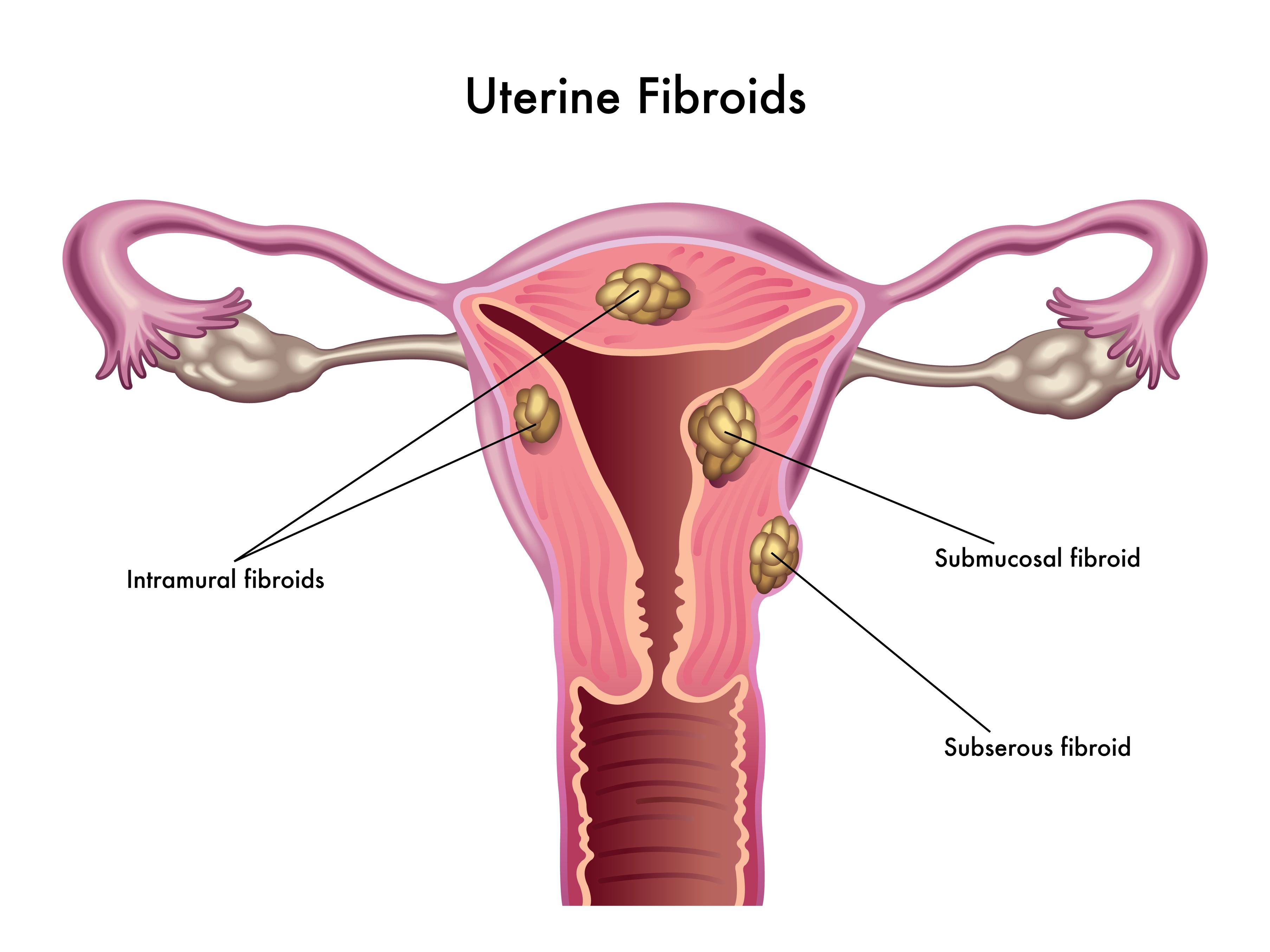 Uterine fibroids (also known as leiomyomas) are solid pelvic tumors composed of connective tissue and muscle [1]. Leiomyomas vary in terms of size, shape, and location; if one leiomyoma is discovered chances are multiple exist. Leiomyomas are either submucosal (under the endometrium), intramural (within the uterine wall), or subserosal (in the outer wall of the uterus).
Uterine fibroids (also known as leiomyomas) are solid pelvic tumors composed of connective tissue and muscle [1]. Leiomyomas vary in terms of size, shape, and location; if one leiomyoma is discovered chances are multiple exist. Leiomyomas are either submucosal (under the endometrium), intramural (within the uterine wall), or subserosal (in the outer wall of the uterus).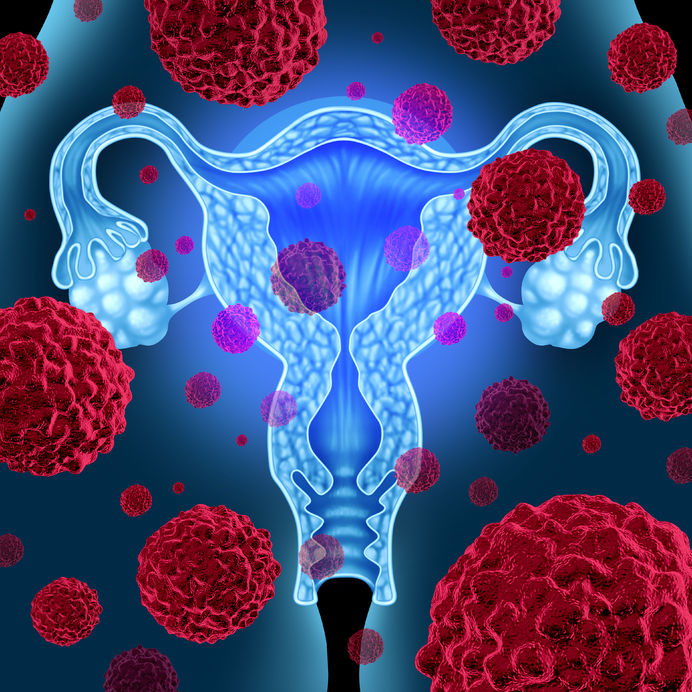 Cervical dysplasia refers to abnormal cells found on the surface of the cervix, that are considered to be premalignant and can progress to cancer.[1] Cervical dysplasia is primarily caused by a sexually transmitted infection with different strains of the human papillomavirus (HPV). However, different strains can be involved in both benign and malignant lesions; therefore, the progression of the disease appears to depend on individual factors. Studies suggest that HPV exposure is the initiating event that can lead to the development of cervical dysplasia, often termed cervical intraepithelial neoplasia (CIN).
Cervical dysplasia refers to abnormal cells found on the surface of the cervix, that are considered to be premalignant and can progress to cancer.[1] Cervical dysplasia is primarily caused by a sexually transmitted infection with different strains of the human papillomavirus (HPV). However, different strains can be involved in both benign and malignant lesions; therefore, the progression of the disease appears to depend on individual factors. Studies suggest that HPV exposure is the initiating event that can lead to the development of cervical dysplasia, often termed cervical intraepithelial neoplasia (CIN). Fibrocystic breasts are characterized as ‘lumps’ or ‘cysts’ found within the breast. Fibrocystic breasts arise from estrogen predominance and progesterone deficiency resulting in hyper-proliferation of connective tissue. This condition can be either asymptomatic or present with breast nodularity, swelling, and pain.
Fibrocystic breasts are characterized as ‘lumps’ or ‘cysts’ found within the breast. Fibrocystic breasts arise from estrogen predominance and progesterone deficiency resulting in hyper-proliferation of connective tissue. This condition can be either asymptomatic or present with breast nodularity, swelling, and pain. Most women are very familiar with premenstrual syndrome (PMS), though how each individual woman experiences PMS can vary completely. Rapid fluctuations in sex hormones can lead to changes in energy, mood, and/or physical symptoms throughout her cycle, most predominantly during the last week of the luteal phase.
Most women are very familiar with premenstrual syndrome (PMS), though how each individual woman experiences PMS can vary completely. Rapid fluctuations in sex hormones can lead to changes in energy, mood, and/or physical symptoms throughout her cycle, most predominantly during the last week of the luteal phase.


